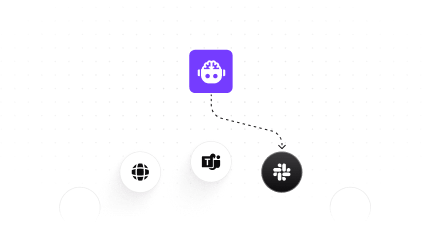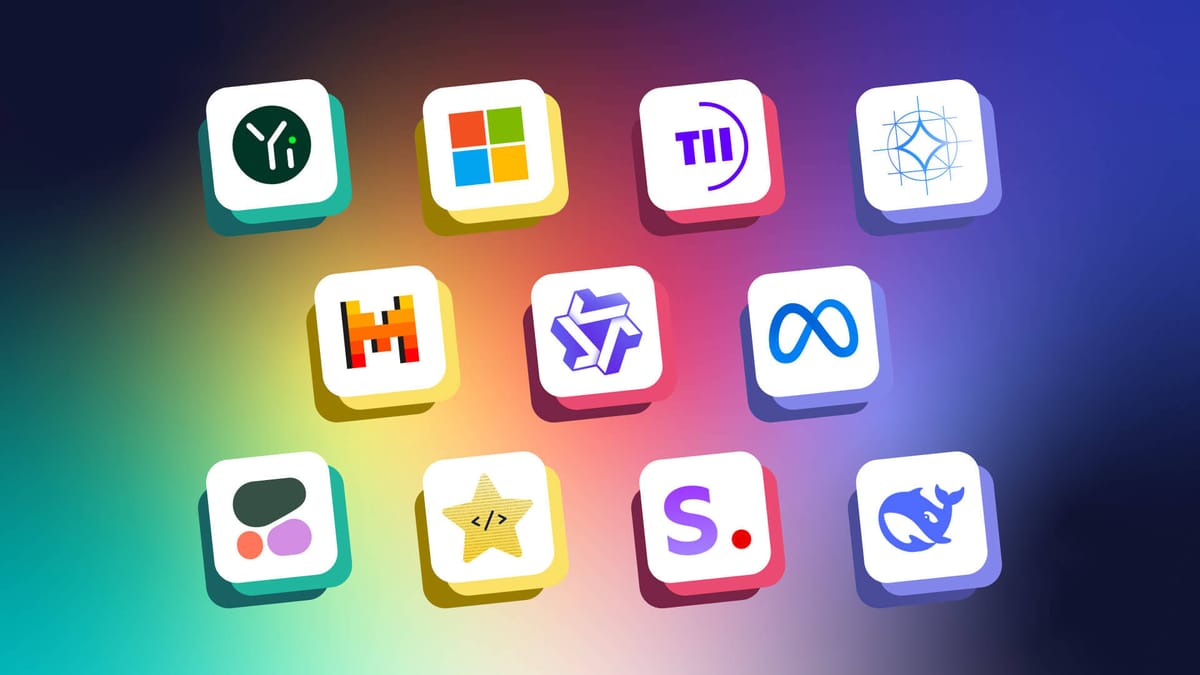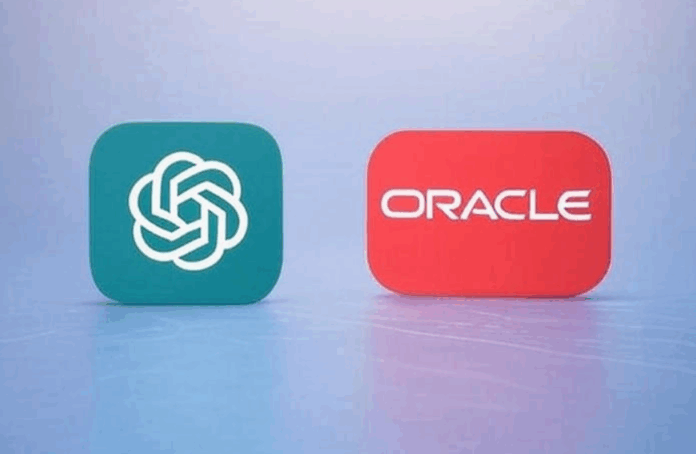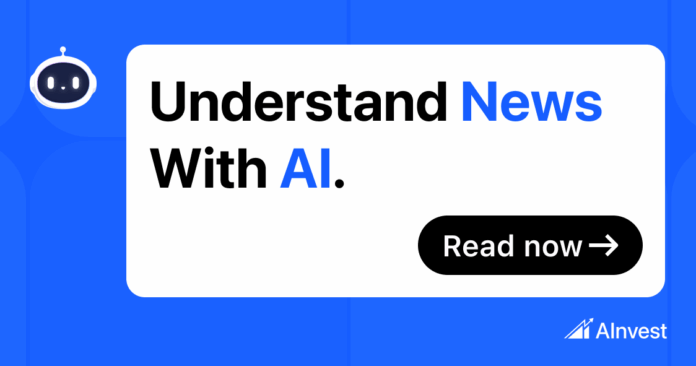California State University (CSU), the largest public four-year university system in the U.S. with nearly 500,000 students, has made waves by offering OpenAI’s ChatGPT to all students and faculty, despite facing a $2.3 billion budget gap. This initiative, costing nearly $17 million, aims to enhance educational equity, as some students were previously paying for individual subscriptions. CSU’s version, ChatGPT Edu, provides customized AI tools for diverse educational needs, supporting tutoring, research, and grades. However, it raises concerns about plagiarism, ethical AI use, and environmental impact. Critics point to financial mismanagement amid program cuts, while supporters emphasize the importance of equipping students for a digitally-driven future. The contract with OpenAI, valued at $1.9 million for 40,000 users, showcases CSU’s commitment to accessibility and innovation. The initiative has elicited mixed reactions among faculty but aims to foster equitable access to advanced AI learning tools across its 23 campuses.
Unveiling AI Agents for Slack: Meet xpander.ai
Unlock Seamless Collaboration with Slack-Native AI Agents at xpander.ai! 🚀
At xpander.ai, we’re revolutionizing how AI Agents operate — no APIs or dashboards needed. Introducing Slack-native AI Agents, designed to function like real team members in your workspace.
Key Features:
- Quick Deployment: Instantly connect AI Agents to Slack.
- Proactive Engagement: Automatically participates in relevant discussions.
- Context Awareness: Remembers details, improving team interactions.
- Task Handling: Manages internal operations and customer support seamlessly.
Why Slack?
- Widespread Adoption: Over 750,000 organizations, from startups to Fortune 100 companies, use Slack.
- Integration Hub: It’s where work happens — files, discussions, approvals, everything in one place.
This innovation transforms the workplace, allowing for smarter, faster collaboration without the hassle of traditional automation.
👉 Join us in embracing the future of teamwork! Share your thoughts and explore how our AI Agents can elevate your Slack experience!
90% of Companies Utilize Chatbots, Yet Most Workers Keep It Under Wraps from IT
A recent MIT study reveals a striking divide in the AI landscape: while traditional enterprise AI adoption is lagging, the “shadow AI economy” is thriving. Over 90% of employees use personal AI tools like ChatGPT for daily tasks without IT approval, in stark contrast to the 40% of companies that have official subscriptions. With $30-40 billion invested in generative AI, only 5% of organizations report transformative benefits. The study, part of Project NANDA, indicates that employees often prefer consumer AI tools due to their flexibility and immediate utility, which bypasses cumbersome enterprise systems. This trend creates a feedback loop where workers demand better tools, while 90% prefer humans for critical tasks. Additionally, the report debunks myths surrounding job displacement and AI’s transformative potential. Overall, the findings suggest that the future of enterprise AI lies in recognizing and adapting to this shadow usage, as many employees already leverage these tools for improved efficiency.
Source link
Optimizing Your Workflow with AI-Powered Tab Groups
Unlocking the Power of AI-Enhanced Tab Groups in Firefox
Are you ready to enhance your browsing experience? Firefox is rolling out an experimental AI feature that simplifies how you manage your tabs. This innovative tool is designed for users eager to boost their productivity and streamline their workflows.
Key Features:
- Effortless Creation: Drag and drop tabs to create groups or right-click for quick options.
- Smart Suggestions: AI analyzes open tabs to recommend relevant groups and titles.
- Strong Privacy: Local AI operates solely on your device, ensuring your data remains private.
Why It Matters:
- As AI technology evolves, tools like this can significantly improve the way we interact with the web, making tasks easier and more efficient.
Embrace this new tool and transform your browsing habits. Share your thoughts below and let’s discuss how AI can impact our daily digital experiences! 🚀 #AI #Firefox #Productivity #TechTrends
OpenAI Employee Stock Sale Could Value ChatGPT Creator at $500 Billion – The New York Times
OpenAI’s internal stock sale could potentially value the artificial intelligence company behind ChatGPT at an astonishing $500 billion. This significant valuation reflects not only the company’s rapid growth in AI technology but also the increasing demand for its products and services. The stock sale, aimed at existing employees, highlights OpenAI’s strategic efforts to retain talent as competition in the AI landscape intensifies. Investors are keenly observing this development, considering the company’s role as a leader in the AI space. With AI applications becoming integral across various industries, OpenAI’s valuation underscores the immense market potential. This news is essential for stakeholders and those tracking advancements in artificial intelligence. As OpenAI continues to innovate with products like ChatGPT, the future of AI investments appears more promising than ever, making it a pivotal time for both employees and investors. This strategic move could reshape the financial outlook for the entire tech industry.
Source link
The Rising Shadow AI Economy: 90% of Workers Use Chatbots Without IT’s Knowledge
🚀 Navigating the GenAI Divide: The Rise of Shadow AI 🌐
MIT’s Project NANDA report, State of AI in Business 2025, reveals a startling dichotomy in enterprise AI: while formal adoption stalls, a vibrant “shadow AI economy” thrives. Here are the highlights:
- Underwhelming Formal Adoption: Only 5% of organizations report transformative returns from their $30-40 billion investments in generative AI.
- Shadow Engagement: Surprisingly, over 90% of employees utilize personal AI tools daily, surpassing official enterprise initiatives.
- Key Drivers for Shadow AI:
- Flexibility: Tools like ChatGPT and Copilot offer unmatched adaptability.
- Workflow Fit: Employees customize tools, bypassing bureaucratic hurdles.
- Low Barriers: Accessibility speeds up adoption, allowing iterative experimentation.
📉 The study also busts myths around enterprise AI, emphasizing that the challenges lie more in adaptability than capability.
🔗 Are you embracing the shadow AI revolution? Join the conversation! Share your thoughts below!
Oracle Seamlessly Integrates OpenAI’s GPT-5 into Its Applications
Oracle has officially integrated OpenAI’s GPT-5 across its database and SaaS applications, including Fusion Cloud and NetSuite, to enhance business workflows. Described as “OpenAI’s smartest and fastest model,” GPT-5 significantly improves coding, debugging, and reasoning capabilities for enterprises. This integration aims to streamline processes, boost code generation, and improve documentation, ultimately delivering better insights and recommendations. Key features include advanced data search and AI-powered operations through Oracle’s SQLcl MCP Server, enabling users to harness AI directly from SQL. This partnership is part of Oracle’s broader strategy in collaboration with OpenAI under the Stargate initiative, a $500 billion AI infrastructure project. Additionally, Oracle has expanded its partnership with Google Cloud, integrating Gemini AI models into Oracle Cloud Infrastructure (OCI) for multimodal tasks. These innovations position Oracle as a leader in adopting cutting-edge AI technologies, driving productivity, automation, and advanced decision-making capabilities in various industries.
Source link
AI Deployment Expands Nationwide in Government Operations
Unlocking AI’s Potential in Government: A Revolutionary Shift
As artificial intelligence continues to evolve, its integration into government operations marks a transformative step forward. This article from Politico sheds light on the latest developments.
- Government Initiatives: Agencies are harnessing AI tools to improve efficiency and responsiveness.
- Real-World Applications: From streamlining public services to enhancing cybersecurity, AI applications are becoming the backbone of modern governance.
- Challenges Ahead: The transition isn’t without hurdles, including ethical considerations and workforce implications.
This new era of AI in government is not just a tech trend; it is a necessity for better public service. As AI enthusiasts and professionals, understanding these shifts is crucial for future innovations and partnerships.
🚀 Join the conversation! What are your thoughts on AI’s role in governance? Share your insights, connect with fellow thought leaders, and explore further into this evolving landscape. Let’s shape the future together!
OpenAI Sounds Alarm Over Potential AI Bubble Amid Surging Trillion-Dollar Investments
Sam Altman, CEO of OpenAI, faces a significant AI paradox, publicly cautioning against an AI market bubble while simultaneously pushing for a substantial data center expansion projected to cost trillions. In a recent San Francisco dinner with reporters, he compared the current AI hype to the 1990s dotcom bubble, yet expressed confidence in OpenAI’s capital plans, stating “let us do our thing.” Despite Altman’s concerns, OpenAI secured $8.3 billion in funding at a $300 billion valuation and aims for an additional $40 billion in 2024. Employees are also set to sell $6 billion in shares, potentially raising the valuation to $500 billion. Competing tech giants like Microsoft and Meta are similarly increasing their AI investments, highlighting a booming sector. While Wall Street remains optimistic about AI’s long-term potential, skepticism persists regarding specific advancements like GPT-5, suggesting a market caught between cautious ambition and speculative risks.
Source link
Introducing an AI-Enhanced CLI for Translating Natural Language into FFmpeg Commands
🚀 Tired of wrestling with ffmpeg commands? Meet aiclip—your AI-powered CLI that translates plain English into flawless ffmpeg syntax!
Transform your video processing experience with ease:
- Safety First: Preview every command before executing.
- Smart Defaults: Enjoy sensible codec and quality settings.
- Context Aware: Effortlessly scans your directory for input files.
- Interactive Mode: Iterate on commands naturally.
- Well-Tested: 87%+ test coverage and robust error handling.
What Can aiclip Do?
- Convert video formats (e.g., mov to mp4)
- Resize and compress videos
- Extract audio from video files
- Trim and cut video segments
- Create thumbnails and extract frames
- Add watermarks and overlays
🔗 Check it out on GitHub and PyPI. Install with: pip install ai-ffmpeg-cli
I’m eager for your feedback on UX! What video processing tasks frustrate you most? Let’s revolutionize video editing together! 💬✨








